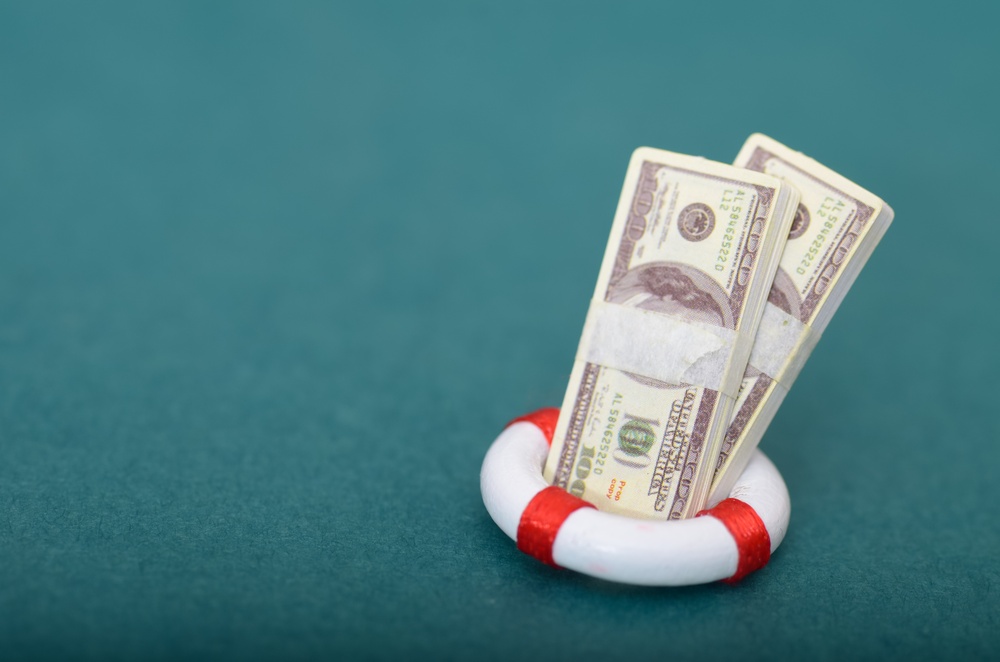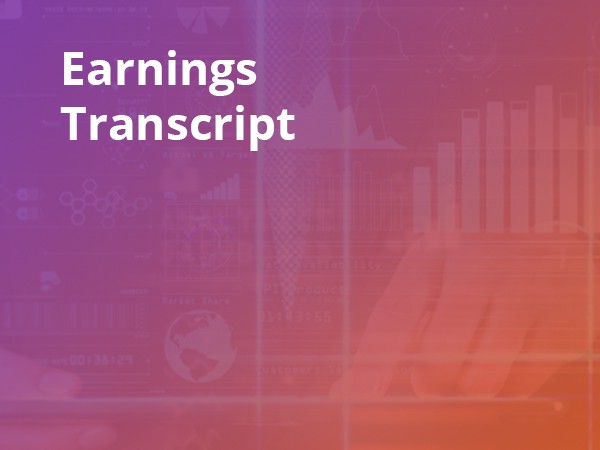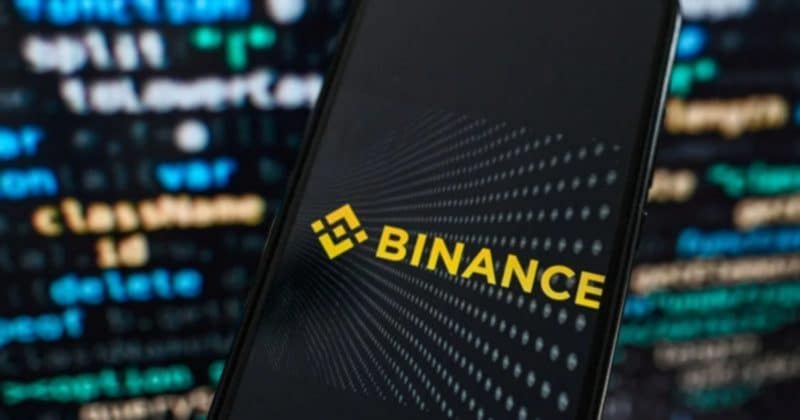The first can be regarded by retirees and those on the cusp of retirement as a must read: William Bengen’s A Richer Retirement, the long-awaited update of his classic book on the much-cited 4% Rule: Conserving Client Portfolios During Retirement. First published in 2006, that book was really aimed at financial advisors but became popular with the general investing public after it got extensive press exposure over the years.
The 4% Rule—which is actually closer to a 4.7% Rule depending how you interpret it—refers to the “safe” percentage of a portfolio that retirees can withdraw each year without running out of money in 30 years, net of inflation. Bengen’s term for this is “SAFEMAX.”
The new book is supposedly aimed at average investors. Still, I found it pretty technical, filled chock-a-block with charts and tables that are probably more accessible to the original audience of financial professionals. Counting some useful appendices, the book is just under 250 pages.
After wading through all Bengen’s tweaks meant to minimize the impact of inflation, bear markets, and unexpected longevity, I was left with the impression the original 4% Rule remains a pretty good initial guestimate for what retirees can safely withdraw in any given year.
Sure, 3.5% or 3% may be technically “safer,” especially if you expect to live a very long life or want to leave an estate for your heirs. I’ve even seen arguments that a 2% retirement rule may be appropriate for extremely risk-averse retirees.
On the other hand, it’s not too dangerous to withdraw 6% or 7% or more as long as stock markets and interest rates cooperate. That’s what many retirees intuitively do anyway; they reduce withdrawals in bear markets, and splurge a bit in raging bull markets.
It’s also worth noting that whether you choose 3%, 5%, or larger percentages, that guideline really just applies to your investment portfolios, whether held in tax-deferred or tax-exempt accounts or taxable ones. Most Canadian retirees can also count on the Canada Pension Plan (CPP) and Old Age Security (OAS), not to mention employer pensions. Those lacking big defined-benefit pensions but who have plenty saved in RRSPs and TFSAs can choose to pensionize or partially pensionize their nest eggs by buying annuities. (For timing, see this piece published recently on my blog.) For that concept, refer to Professor Moshe Milevsky’s excellent book, Pensionize Your Nest Egg.
Making money in any market
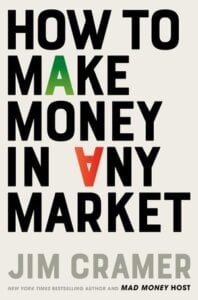
More controversial is Jim Cramer’s How to Make Money in Any Market. I know it’s fashionable for some mainstream financial journalists to disparage the long-time host of Mad Money and in-house stock-picking guru on Squawk on the Street. I never watch him on TV (MSNBC) but often listen to his podcasts while walking or at the gym, usually at 1.5x speed and skipping over interviews with the CEOs of more speculative stocks I have no interest in. Cramer’s critics tend to be diehard indexers who swear it’s impossible to consistently pick stocks and “beat” the market over the long run. I tend to side with them, but more on that below.
X
Obviously, Cramer begs to differ, often trotting out testimonials from Nvidia millionaires who bought that spectacular artificial intelligence (AI) chip stock the moment he named his dog after it (sadly now deceased). Cramer devotes an entire chapter to that call, which he mentions every chance he gets. I did buy that stock too, although I was too late and risk-averse to bet the farm enough to change my life with it.
What his critics may not realize is that even Cramer believes in indexing at least 50% of a portfolio. In fact, he tells newcomers to stocks that their first $10,000 (US) should go in an S&P500 index fund. Hard to argue with that.
Where I part ways is his book’s recommendation of holding just five stocks for the 50% of a portfolio that is not indexed. That would mean holding around 10% of your total portfolio in each such stock, which is way more concentrated than most investors would countenance. Much of the book goes into how to choose the kind of secular growth stocks he prefers, with the help of modern AI tools like ChatGPT, Grok, and all the rest.
I used to wonder about his show’s regular segment, Am I diversified?, where readers submit their five picks for Cramer’s consideration. I’d be surprized if there is an investor anywhere whose portfolio is that concentrated. Even Cramer’s much-cited Charitable Trust holds many more than five stocks.
Canada’s best dividend stocks
How not to invest
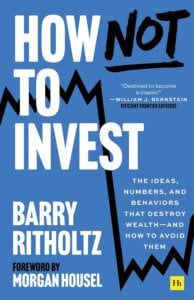
This leads me to the third book I ordered from Amazon, recently reviewed by Michael J. Wiener of the Michael James on Money blog: Barry Ritholtz’s book How Not to Invest. Cramer cynics might quip that would have been a better title for How to make money in any market had it not already been taken by Ritholtz; Cramer has after all famously inspired some ETF companies to provide “reverse Cramer” funds that short his major long recommendations.
Ritholtz’s book clocks in at almost 500 pages but is quite readable. It has attracted multiple testimonials ranging from William Bernstein (“Destined to become a classic.”) to DFA’s David Booth, Shark Tank’s Mark Cuban and author Morgan Housel, known through The Motley Fool, and who penned the foreword.
Ritholtz organizes his book in four parts: Bad Ideas, Bad Numbers, Bad Behavior, and Good Advice. While Cramer tempts us into individual stock-picking, Ritholtz reminds us that few can do it well; nor can most of us successfully pull off market timing. He devotes a fair bit of space to how badly some pundits’ predictions have panned out in the past. I was left with a renewed appreciation for the benefits of indexing, certainly for the core of portfolios if not for their entirety. As he puts it: “Index (mostly). Own a broad set of low-cost equity indices for the best long-term results.” He lists five advantages to indexing: lower costs and taxes, you own all the winners, better long-term performance, simplicity and less bad behaviour.
Fortunately, ordinary investors have many advantages over the pros, such as not having to benchmark against indices or worry about investors who sell a fund, the ability to keep costs low, and in theory a much longer time horizon. But the clincher is that “indexing gives you a better chance to be ‘less stupid.’”



